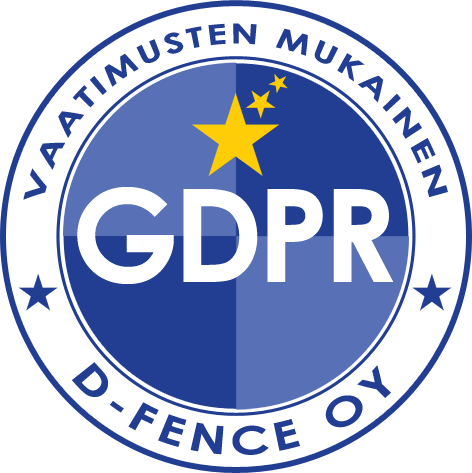The coronavirus pandemic has brought not only serious disruption and change to countries across the world but also a new range of terminology to help describe the disease and its effects.The epidemic will not be under control until there is at least a working vaccine. In this blog you have the chance to revise your English vocabulary related to this current matter.
COVID-19 has spread existing scientific terms that were previously obscure and rare.
Six months ago, few people knew the difference between a pandemic and an epidemic. Now many know that an epidemic is in one area whereas a pandemic is all over the world. Likewise quarantine and isolation are better differentiated in the public mind.
Quarantine comes from the Italian term for 40 days and represents the time an infected individual should keep themselves apart to avoid infecting others. Isolation applies also to non-infected individuals who should shelter inside for their own protection.
Let’s look at the key areas where special terms are needed for the COVID-19 outbreak. All the key terms in red are translated in our special COVID-19 Powerpoint download.
How it spreads
COVID-19 can infect one individual from another through physical contact and microdroplets in the air. One of the reasons why it is so infectious is its long incubation period. It can take between 4 to sometimes 14 days before carriers show symptoms and in many cases carriers may be asymptomatic, meaning that they do not show any symptoms at all. This makes the disease easy to pass on and yet sometimes hard to identify.
How to protect oneself
One can protect oneself through washing ones hands, using hand sanitizer, facemasks, social distancing of around 2 m from other individuals, and by practicing isolation or lockdown, meaning staying inside one’s home apart from necessary excursions.
The symptoms of COVID-19
In addition to well-known symptoms such as a high fever, a dry cough, muscle aches, and headaches, COVID-19 also has a wide range of more unusual symptoms such as anosmia (the loss of the sense of smell), rashes and general skin irritation and, more seriously, pneumonia and respiratory failure (breathing difficulty.)
Serious cases
In serious cases of COVID-19 an infected individual may have to be hospitalized and placed first on a respirator for light breathing difficulties or, in a worst-case scenario, a ventilator for very serious breathing difficulties. Certain groups are at particular risk of serious symptoms and these are known as risk groups, the elderly, healthcare workers, and particularly those with comorbidities (other chronic diseases).
At present there is no known cure for COVID-19. While some therapies have shown some effectiveness, many people hope that the population will develop antibodies to COVID-19 or that a vaccine will be developed.
State measures
States around the world have developed measures to deal with this coronavirus such as quarantine and isolation or lockdown for the general population. There is also widespread testing for coronavirus and a system for tracking down those who might be infected known as the track and trace system. This system has been particularly effective in South Korea and Taiwan.
Acronyms
COVID- 19 is also associated with some new well-known acronyms such as:
PPE: Personal Protective Equipment
WHO: The World Health Organization
WFH: Working from Home
RX: where R represents reinfection and X the rate of transmission. Ideally the RX value would be below 1 to contain the spread of the disease.
This is known as flattening the curve, referring to reducing the rate of increase on a graph.
Slang
COVID-19 has even created its own slang such as “rona” as a short hand term for corona.
“Quarantini” a mixture of the word quarantine and Martini, meaning enjoying cocktails at home during lockdown.
A “covidiot” is a term for someone who does not obey the laws of lockdown
A “staycation” meaning being forced to cancel your holiday and stay at home
There are also many terms related to videoconferencing such as a “zoom bore”, someone who dominates a video call, or a “zoom bombing” meaning someone ambushing a video call.
If you are interested in more slang terms please see this excellent article from the New York Times.If you’re interested in learning more about the situation and improving your English skills, please contact Galimatias.
More of Claire´s blogs here.




